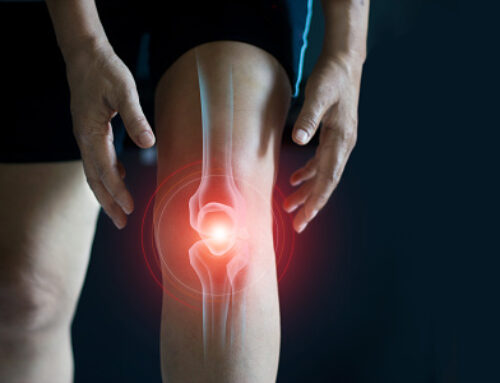Bone loss and osteoporosis are serious conditions that affect millions of people worldwide. Osteoporosis is a disease that causes bones to become weak and brittle, leading to an increased risk of fractures. It can affect both men and women, but it is more common in women, especially after menopause.
In this article, we will discuss 15 things you might not know about bone loss and osteoporosis.
- Osteoporosis is often called the “silent disease” because it can progress without any symptoms until a fracture occurs.
- Osteoporosis is the most common type of bone disease.
- Women are more likely to develop osteoporosis than men, especially after menopause, due to a decrease in estrogen levels.
- Smoking and excessive alcohol consumption can increase the risk of osteoporosis.
- Some medications, such as corticosteroids, can cause bone loss and increase the risk of osteoporosis.
- A lack of physical activity can also contribute to bone loss and increase the risk of osteoporosis.
- Eating a diet low in calcium and vitamin D can increase the risk of osteoporosis.
- Bone density testing can help diagnose osteoporosis and determine the risk of fracture.
- Exercise, particularly weight-bearing exercises such as walking and running, can help increase bone density and reduce the risk of osteoporosis.

- Calcium and vitamin D supplements can also help reduce the risk of osteoporosis.
- Some medications, such as bisphosphonates and hormone replacement therapy, can be used to treat osteoporosis.
- People with osteoporosis are at increased risk of fractures, especially in the hip, spine, and wrist.
- Falls are the most common cause of fractures in people with osteoporosis.
- Osteoporosis can be prevented or delayed by maintaining a healthy lifestyle, including regular exercise, a healthy diet, not smoking, and limiting alcohol consumption.
- Osteoporosis is a serious condition that can have a significant impact on a person’s quality of life. It is important to be aware of the risk factors and take steps to prevent or manage the disease.
In conclusion, bone loss and osteoporosis are serious conditions that can have a significant impact on a person’s health and quality of life. It is important to be aware of the risk factors and take steps to prevent or manage the disease, such as regular exercise, a healthy diet, and avoiding smoking and excessive alcohol consumption. If you are concerned about your bone health, talk to your healthcare provider about the best ways to reduce your risk of osteoporosis.




